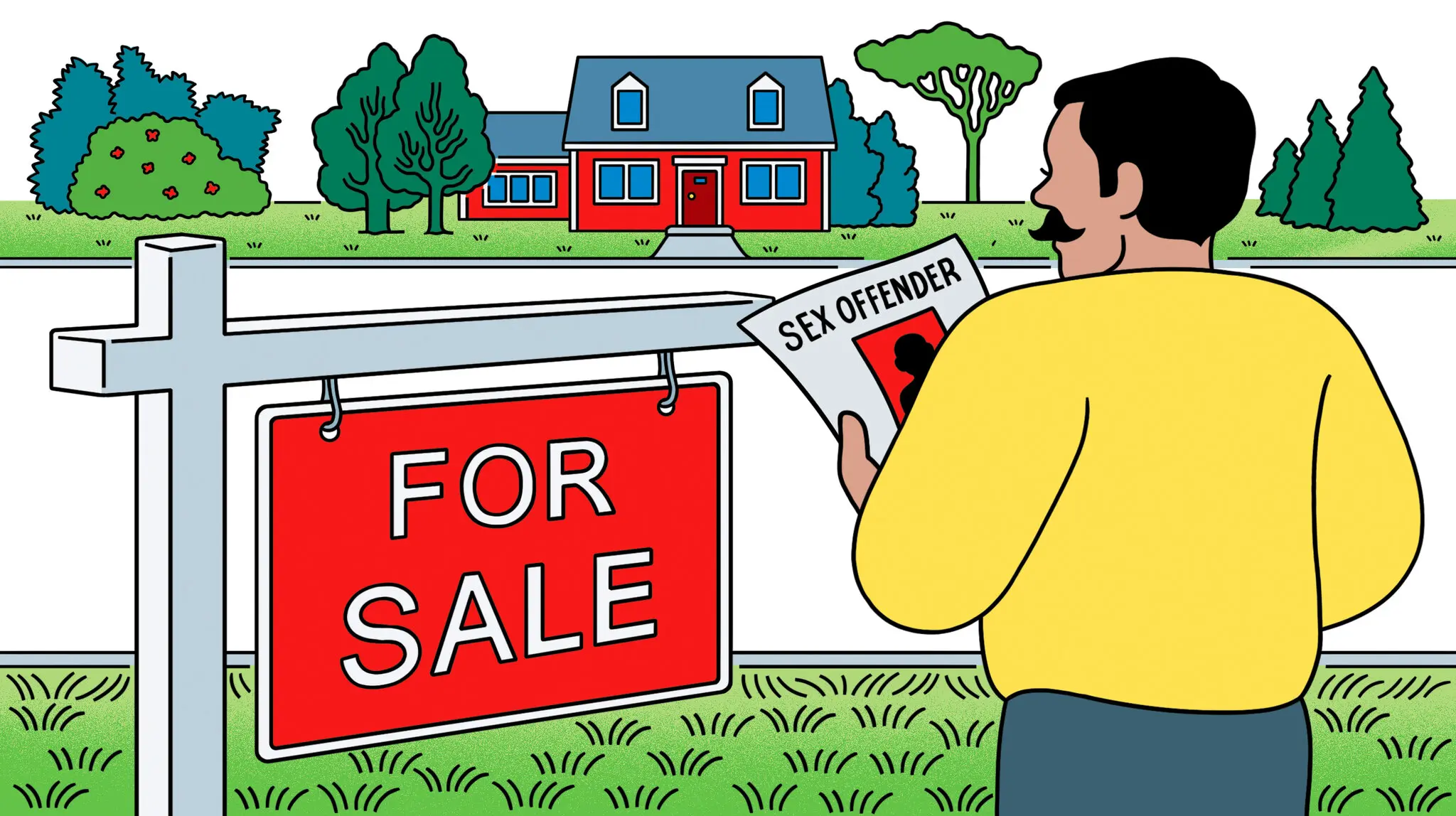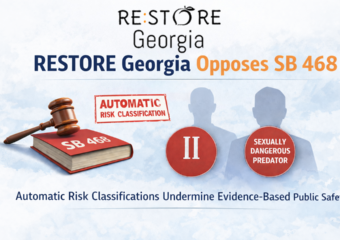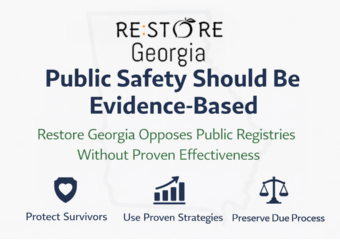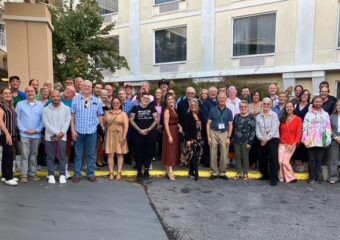NYT Magazine (The Ethicist): I Saw a Neighbor on the Sex-Offender Registry. Should I Tell Others?
The magazine’s Ethicist columnist on whether to disclose information about a neighbor on the sex-offender registry.
I recently reneged on an offer to buy a house because I discovered that a registered sex offender lived across the street. I found this information on a public website that is available for our state and county.
This discovery raised many questions for me. First, the sales contract of the home specifically said the seller and seller’s agent are not obligated to divulge information about any nearby neighbors on the sex-offender registry. It’s unclear if they knew about this specific registered sex offender across the street. If they did know, would it have been unethical for them to keep this information a secret? And what about me? Now that I know about it, should I keep it a secret, too?
I feel some compulsion to spread the word to others who might be interested in purchasing this property, as knowing a sex offender lives next door could affect what a prospective buyer might be willing to offer. And I feel uncomfortable telling my friends the truth about why I dropped out of the contract that I had entered for this house, because I feel I have discovered private information that I should keep secret. In the end, I think I would rather not have made this discovery in the first place. — Name Withheld
From the Ethicist:
Sex-offender registries in the United States were created for the reason you’d expect: to protect the vulnerable by informing the public. They provide names, addresses and other identifying details of individuals convicted of sex crimes. Every state has such a registry; the federal government maintains a consolidated version. The idea was that access to this information would allow families to take, as one federal agency puts it, “common-sense measures” for their protection. But what began as a law-enforcement tool has, over time, evolved into a system of prolonged public punishment, treating vastly different cases as if they were the same.
In theory, registries can distinguish among offenses by labeling them according to tier and type. In practice, a person on the list becomes a sex offender — full stop — regardless of the details. Elizabeth J. Letourneau, who directs a center at Johns Hopkins University dedicated to the prevention of child sexual abuse, has observed that a vast majority of sexual offenses are committed by individuals who aren’t on any registry. A concern for evidence-based policy has led the American Law Institute to recommend eliminating public notification and limiting registry access to law enforcement. Public registries don’t reduce recidivism or protect people, researchers have concluded. The old “once a sex offender, always a sex offender” wisdom is a discredited generalization. Yet policies built on that assumption remain, despite a growing belief among experts that the registries do more harm than good.
You recently decided not to purchase a house after discovering that a neighbor was on the registry. You didn’t mention what the offense was or how long ago it occurred; presumably the person’s mere presence on the registry was enough for you. That’s your prerogative, of course. But it’s worth pausing to think about what your decision was based on.
How dangerous is this neighbor, really? That depends on details the registries rarely convey: what happened, how long ago it happened, how old the person was at the time and what the person has done since. A quarter of people currently on the registries, it has been estimated, were minors at the time of their offense. The presence of a name on a list tells you very little about your actual risk.
In that light, it seems neither reasonable nor just to fault the sellers for withholding this information, especially since the contract exempted them from any such obligation. In New Jersey and Delaware, home sellers and real-estate agents are actually prohibited from disclosing information about registered sex offenders. As a third party who came across the information independently, you were obviously free to act on it. But others have the same access you did and can reach their own conclusions.
Having access to more information often feels empowering. At other times — and this may be one — it burdens us with uncertainties we struggle to resolve. While your decision may feel like a form of self-protection, it’s also a reminder of how difficult it is to balance justice, fear and fairness in a world shaped by imperfect systems.
Thoughts? If you would like to share a response to today’s dilemma with the Ethicist and other subscribers in the next newsletter, fill out this form.

Kwame Anthony Appiah is The New York Times Magazine’s Ethicist columnist and teaches philosophy at N.Y.U. His books include “Cosmopolitanism,” “The Honor Code” and “The Lies That Bind: Rethinking Identity.” To submit a query, send an email to ethicist@nytimes.com.





